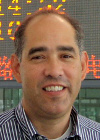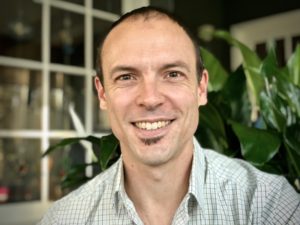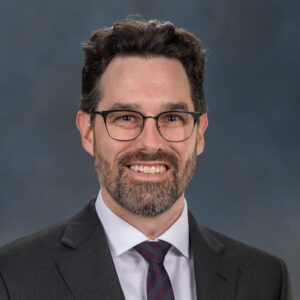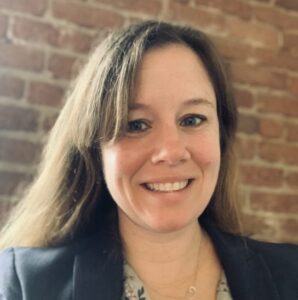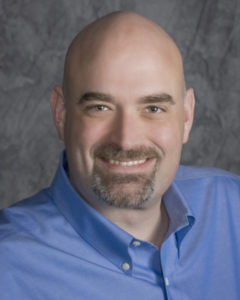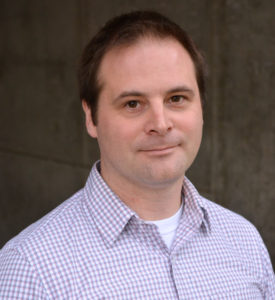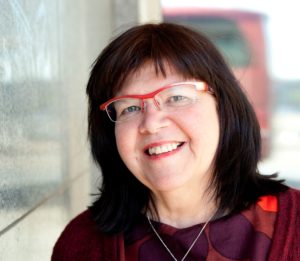
Merja Penttilä
Merja Penttilä is a research professor in biotechnology at VTT Technical Research Centre of Finland, and an adjunct professor in synthetic biology at Aalto University. Her expertise is on engineering of microbes for the production of fuels, chemicals, enzymes and materials. She has acted as the director of the Academy of Finland CoE on White biotechnology – Green chemistry, and is a PI in the current CoE on Molecular engineering of biosynthetic hybrid materials (Hyber). She has coordinated a large strategic project “Living Factories: Synthetic Biology for a sustainable Bioeconomy”, and led many EU level and industrial projects. She is acting an advisory board or committee member of a number of international organisations. She is the initiator of Synbio Powerhouse, an ecosystem to promote biotechnology and synthetic biology in Finland and beyond. She has total of 334 publications, 14 457 Web of science citations, and h-index of 70.
